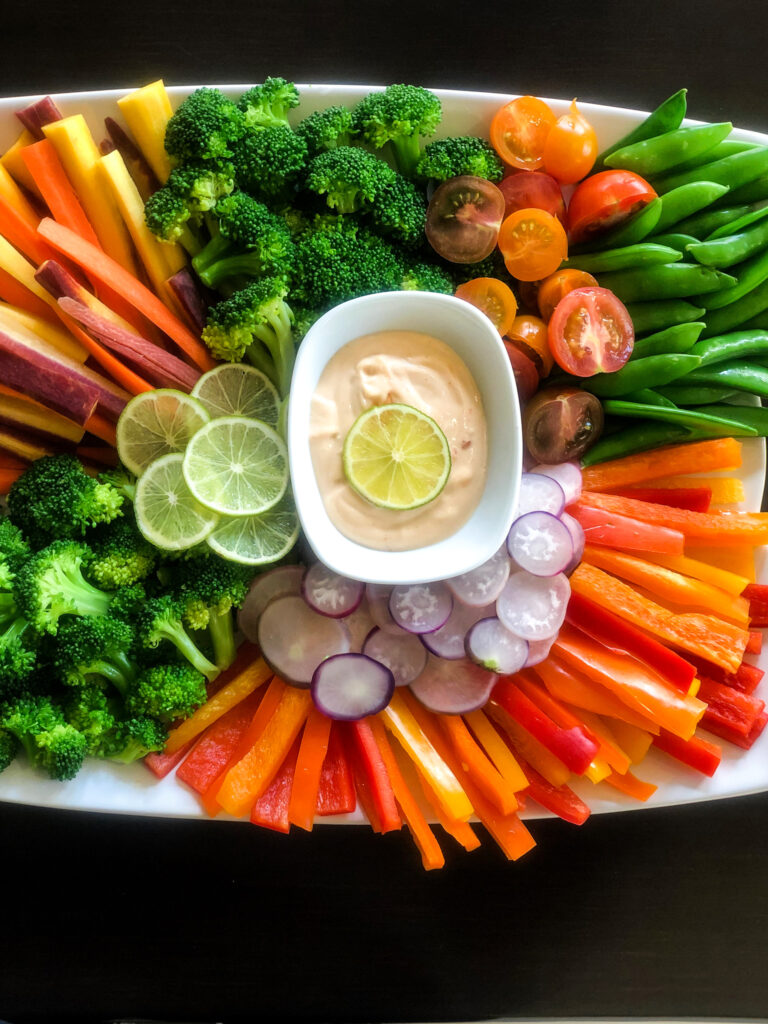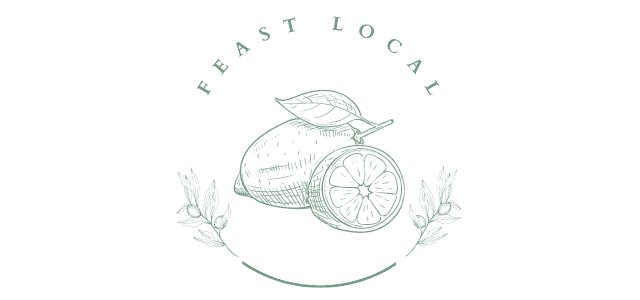Never let your precious produce spoil again! Below is information on how long different types of vegetables can stay fresh. Following these shelf life of produce guidelines will help you shop sustainably and resourcefully!

The shelf life of vegetables
How long your fresh vegetables can last depends on a variety of factors: the type of vegetable, how it is stored, and how it was harvested. Some vegetables tend to have a longer shelf life than others due to their natural durability or the way they stored.
Vegetables that have a long shelf life:
Potatoes, Onions, Garlic, Carrots, Squash, Beets and Cabbage all have an impressive shelf life. If you buy any of these vegetables, you won’t need to worry about them spoiling too quickly.
- Potatoes: When stored in a cool, dark place, potatoes can last for several weeks to several months.
- Onions: Onions can last for several months when stored in a cool, dry, and well-ventilated place.
- Garlic: When stored in a cool, dry place, garlic can last for several months.
- Carrots: Carrots can last for several weeks to several months when stored in the refrigerator.
- Squash: Winter squash, such as acorn squash, butternut squash, and spaghetti squash, can last for several weeks to several months when stored in a cool, dry place.
- Beets: Beets can last for 2 months when stored in the refrigerator. Just be sure to cut off their greens which will wilt more quickly.
- Cabbage: Cabbage can last for several weeks when stored in the refrigerator.
Vegetables that have a medium shelf life:
Less hardy vegetables such as bell peppers, cucumbers, broccoli, cauliflower, zucchini, tomatoes, and eggplants won’t last as long can as the aforementioned veg. However, they are still relatively durable compared to leafy greens and most types of fruit. Here is a general guideline for the shelf life of these vegetables:
- Bell peppers: When stored in the refrigerator, bell peppers can last for 1-2 weeks.
- Cucumbers: When stored in the refrigerator, cucumbers can last for 1-2 weeks.
- Broccoli: When stored in the refrigerator, broccoli can last for 1-2 weeks.
- Cauliflower: When stored in the refrigerator, cauliflower can last for 1-2 weeks.
- Zucchini: Zucchini can last for 1-2 weeks when stored in the refrigerator, but it will last longer when stored in a cool, dry place.
- Tomatoes: Tomatoes can last for 1-2 weeks when stored at room temperature.
- Eggplant: Eggplant can last for 1-2 weeks when stored in the refrigerator, but it will last longer when stored in a cool, dry place.
Vegetables with a Short Shelf Life:
Leafy greens tend to have the shortest shelf life of all vegetables. (lettuce, spinach, kale). In general, leafy greens with tougher, thicker leaves, such as kale and collard greens, tend to have a longer shelf life than those with more delicate, tender leaves, such as lettuce and spinach.
- Kale: When stored in the refrigerator, kale can last for 1-2 weeks.
- Collard greens: When stored in the refrigerator, collard greens can last for 1-2 weeks.
- Spinach: When stored in the refrigerator, spinach can last for 3-7 days.
- Romaine: When stored in the refrigerator, romaine can last for 3-7 days.
- Butter lettuce: When stored in the refrigerator, butter lettuce can last for 3-7 days.
- Arugula: When stored in the refrigerator, arugula can last for 3-7 days.
- Iceberg lettuce: When stored in the refrigerator, iceberg lettuce can last for 3-7 days.
How to store fresh vegetables
To store fresh vegetables and extend their shelf life, wrap them in a damp paper towel and place them in sealed container such as plastic or reusable bag, or Tupperware. Store refrigerated produce, such as carrots, beets, cabbage, bell peppers, cucumbers, broccoli, cauliflower, zucchini, eggplant, and leafy greens, in the refrigerator. Non-refrigerated produce, such as potatoes, onions, garlic, squash, and tomatoes, should be stored in a cool, dry, and well-ventilated place, away from direct sunlight. Avoid storing non-refrigerated produce in the refrigerator, as the high humidity can cause them to spoil faster.



Leave a Reply